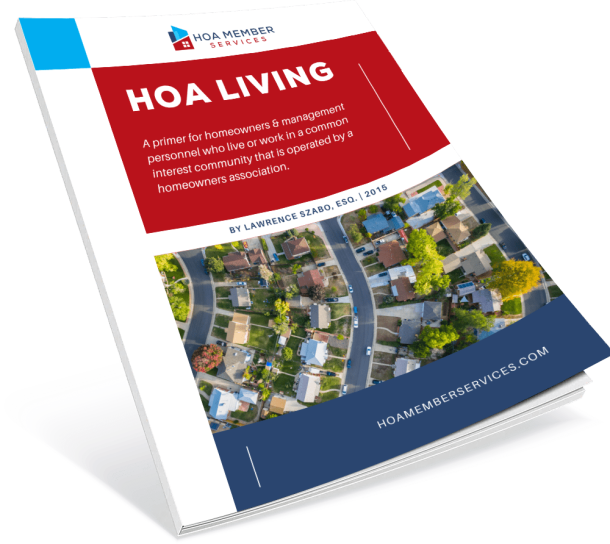Is Your Board Properly Equipped to Deal with Neighbor to Neighbor Disputes?
- Board of Directors
If you live in a common interest development, it is inevitable that there are going to be disputes between neighbors. The circumstances that create neighbor to neighbor disputes vary from case to case, but some common causes of such disputes are:
- Noise issues that can be created from such things as playing loud music, walking on hard surface floors, dogs barking, or kids playing;
- Smell issues caused by such things as cooking, smoking cigarettes, cigars, and marijuana;
- Criminal activity;
- Conditions on property such as walls, trees, paint colors, and items placed on property.
Neighbor to neighbor disputes typically involve the few neighbors who are in close proximity to each other and do not generally involve issues concerning the association’s common area property. As a result, HOA boards frequently, in reliance on their authority to exercise their own business judgment in such situations, elect not to expend their time or utilize association resources to become involved in the dispute even if the conduct being reported constitutes a violation of the associations governing documents.
Over the years, the number of homeowners associations has grown dramatically and more and more cases involving issues over an association’s refusal to become involved in neighbor to neighbor disputes have worked their way through the courts and many decisions have leaned towards forcing associations to intervene in some neighbor to neighbor disputes. These decisions have been based on findings such as: (i) HOA boards, having the power to impose fines and suspend privileges, have a duty to intervene in neighbor to neighbor disputes that involve claims that one neighbor engaging in conduct that is creating a nuisance and disturbing the peace of other neighbors; (ii) HOA boards, having a duty to provide for the health, safety and welfare of the association members and must take appropriate action to protect the members from the offensive conduct; (iii) Duties that are imposed under provisions contained in the federal Fair Housing Act that prohibit discrimination.
Given the risks of exposure to costly litigation and potential liability for not becoming involved in certain neighbor to neighbor disputes, associations should adopt policies concerning neighbor to neighbor disputes that include some level of involvement on the part of the association in trying to resolve the dispute. At a minimum, the association should:
Subscription Required to Continue Reading
To view the full HOA Featured Article, you must have a Subscription with HOA Member Services
Become a Member
Personal Monthly
-
Access to over 600 Articles & Case Decisions
-
Access to hundreds of Resources
-
HOA Newsletter
-
Free Copy of HOA LIVING
-
25% OFF Download Forms
-
1 User
Personal
-
Access to over 600 Articles & Case Decisions
-
Access to hundreds of Resources
-
HOA Newsletter
-
Free Copy of HOA LIVING
-
25% OFF Download Forms
-
1 User
Pro
-
Access to over 600 Articles & Case Decisions
-
Access to hundreds of Resources
-
HOA Newsletter
-
Free Copy of HOA LIVING
-
Free Unlimited Access to Download Forms (save $1000s!)
-
Unlimited Personal Support from HOA Attorney
-
1 User
HOA Team
-
Access to over 600 Articles & Case Decisions
-
Access to hundreds of Resources
-
HOA Newsletter
-
Free Copy of HOA LIVING
-
Free Unlimited Access to Download Forms (save $1000s!)
-
Unlimited Personal Support from HOA Attorney
-
Up to 10 Users

